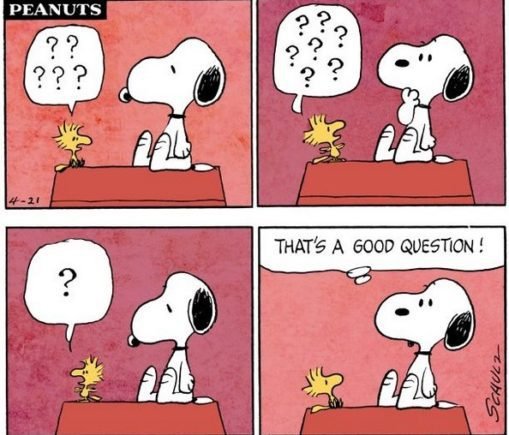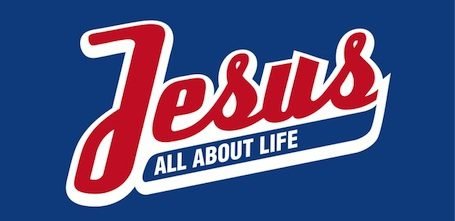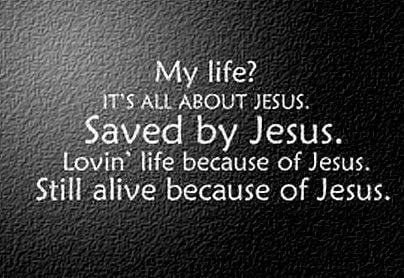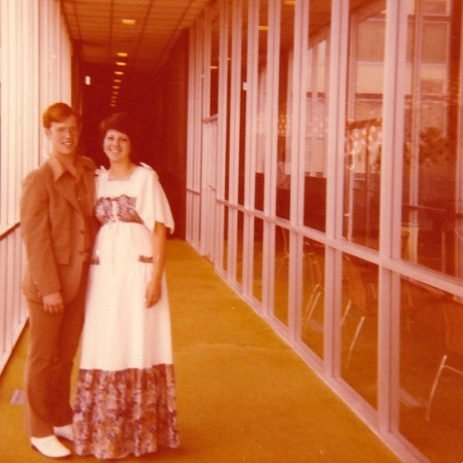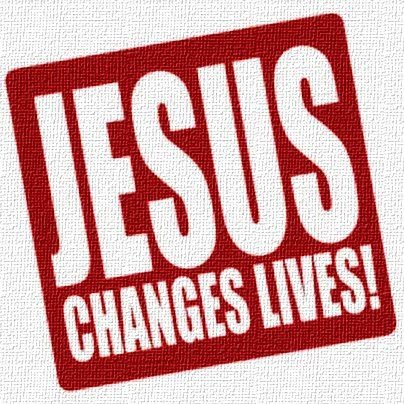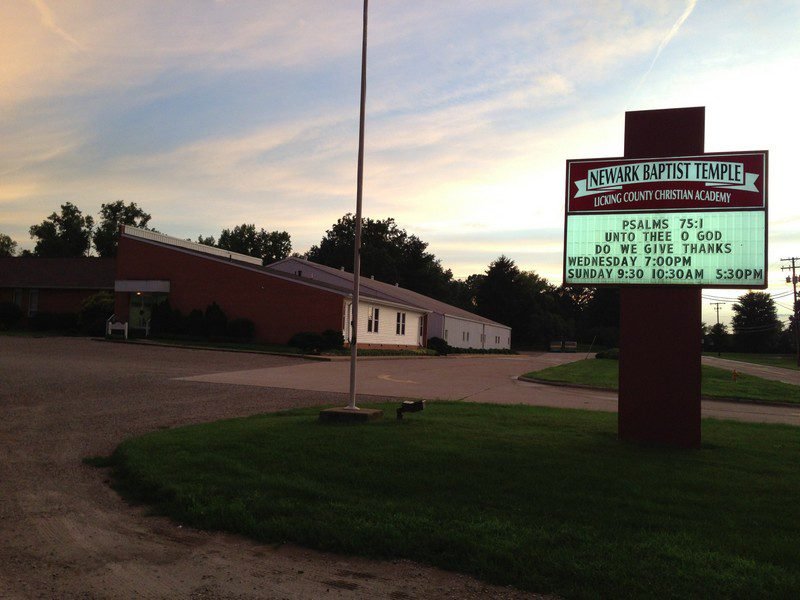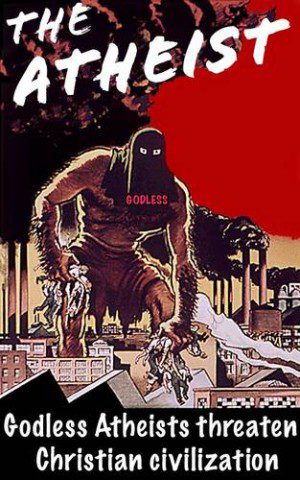
Yesterday, Polly and I drove to Newark, Ohio to visit Polly’s mom. She is now living with our nephew and his wife. Mom is dying. Could be soon, or could be months from now, but, regardless, the proverbial plane circling the airport is getting ready to land. Polly and I are responsible for settling Mom’s estate. She refuses to write a will, so it is important for us, legally, to settle her estate as much as possible before she dies. We had fourteen frank end-of-life questions to ask Mom. We were delighted when she answered them without a fuss. I suspect that she has resigned herself to the fact that she is dying. She doesn’t plan to seek extraordinary care. Our advice was for her to arrange for hospice. Mom is in a lot of pain, but she refuses to ask for narcotic pain medications. The blame for her unwillingness to accept pain reliefs rests solely on her Fundamentalist religious beliefs: that suffering has value and is part of God’s plan for her life. Hopefully, a hospice nurse will convince her to take the medications.
Mom is eighty-seven years old. She’s been a Fundamentalist Christian her entire life — first as a Nazarene, and then as an Independent Fundamentalist Baptist (IFB). Mom has attended the Newark Baptist Temple in Heath, Ohio for the past forty-six years. Polly’s father was the church’s assistant pastor for five years (1976-1981) before striking out on his own. (Dad and I started a church together in Buckeye Lake.) Polly’s uncle, the late Jim Dennis, pastored the church for fifty years. (Please see The Family Patriarch is Dead: My Life With James Dennis.) The church is currently pastored by Mark Falls. (Please see An IFB Funeral: Fundamentalist Christianity Poisons Everything.) Mom’s entire life has been shaped, formed, and controlled by IFB beliefs and practices. At this point in life, she is who she is. She is going to the grave happily praising the IFB God. We accept that there’s nothing we can say or do that will soften her view of us, our heathen children, and our godless grandchildren (even though some of our children believe in God, just not the IFB God).
Polly and I have known each other for forty-six years. Mom didn’t want us to get married, and went out of her way to upend our marriage plans. Five months before our wedding date in 1978, Mom told Polly that she could not marry me. This, of course, enraged us. We talked about eloping. Instead, Polly, for the first time, stood up to her mother and told her that we were getting married with or without her blessing. Bluff called, the wedding went on as planned.
Over the past five decades, we have had numerous conflicts with Mom. Never Dad, just Mom. You see, she was the head of the home. She ruled the proverbial roost. My quiet, passive father-in-law never stood up to her. I do remember several passive-aggressive moments where Dad did exactly what she told him he couldn’t do, but most often he just bowed to her wishes.
I dearly love my mother-in-law. I will sorely miss her when she is gone, though I suspect she can’t say the same about me. Mom wrongly thinks that I control Polly; that she doesn’t think for herself or make her own decisions; that Polly is still a Christian, and she will return to Jesus once Satan is out of her life. None of these things, of course, is true. We left Christianity in November 2008. Fourteen years later, Mom has yet to have a meaningful discussion with us about why we deconverted. She has talked about us to her pastor and other family members. She’s asked her church to pray for us. She repeatedly tells us verbally or in written messages on cards that she is praying for us. We have come to accept that this is just the way it is. Her religion demands she respond this way. There’s no possible scenario where she can love and respect us as we are.
One of our biggest fears is that her pastor will preach AT us during the funeral or church members will accost us, saying “Bonnie told me she hopes to see you in Heaven some day. Wouldn’t you like to be saved today?” We are so concerned that this could happen that we are considering skipping the funeral or sitting at the back of church so we can leave immediately after the service. I am not convinced that if Mom’s pastor mentions atheism by name that I can control my emotions. I hate to ruin the funeral by standing up in the service and telling Mom’s pastor to go fuck himself. Doing so would be epic, righteous, and awesome, but I must think of others too. So, our goal is to go out of the way to avoid interaction and conflict with God’s chosen ones.
We spent six hours in Newark. All told it was a physically taxing fourteen hour day, leaving me with excruciating pain and emotional brokenness. We had a delightful time talking to Mom, our nephew and niece, and their two children. It was a perfect day for five hours and fifty-five minutes. Unfortunately, the last five minutes ruined the stay, reminding us of how much we despise the IFB church movement, the Newark Baptist Temple, and its pastor.
Two years ago, Mom sent me a long, detailed list of demands she expected to be met for her funeral. (She did the same for Dad.) I briefly glanced at her demands and put them in an envelope for safekeeping. Several days ago, I got the paper out and read it carefully. What quickly became clear to me is that my family would have no part in the funeral service. Instead, Mom’s “real family” would be in charge of and take care of everything. Only people associated with the Baptist Temple will play a part in her funeral. Of course, we are used to being treated this way, going back long before our atheist days. Mom treats our children differently from the way she treats her grandchildren, nieces, and nephews who live in Newark. You see, they are all IFB Christians. In Mom’s eyes, we are godless heathens or the wrong type of Christians. While we are used to being treated this way, it still hurts to be “othered.” And now our grandchildren are picking up on this. “Why does Mamaw give them birthday/Christmas gifts and doesn’t do the same for us?” one of my grandchildren recently asked. Mom graciously shares the wealth with her “family” in Newark. Our grandchildren got a singular gift from their Mamaw last Christmas — a Christmas ornament to “remember” her by. Special events for Mom’s real family are memorialized with gifts, including money. (One grandchild recently received $100 for graduation.) Our grandchildren don’t receive such gifts. Worse, because Polly and I have step-grandchildren, Mom refuses to acknowledge they are her great-grandchildren. She seems to believe that blood is all that matters. Thus, she accepts as her great-grandchildren her grandson’s children with three different women, but not our “step” granddaughters. (For the record, we do not use the “step” label.) Mom has caused untold harm by “othering” some of our grandchildren.
Back to Mom’s funeral demands. Mom isn’t a deep-thinker or a list maker. Yet, the funeral demands are detailed, typed out, and presented in a way a preacher would make his sermon. Do you get where I am headed here? I suspect Mom’s pastor compiled the list of funeral demands. And that’s fine, but don’t think for a moment that Polly and I don’t see what is going on here
As we were leaving Newark, the following “discussion” took place. Please note that this is a conversation Mom wanted to have with me. Not her daughter, me.
Mom: I want _______ (nephew) and ________ (niece) to handle my funeral.
Bruce (puzzled): Do you think I’m going do something you wouldn’t like?
Mom (looking pained): Well, you know . . .
Bruce (even more puzzled): No, I don’t know . . .
Mom (forced to say what she meant): Well, you know, I don’t know what you are.
(Ah, our atheism, MY atheism is the problem, but Mom refuses to use the A word.)
Bruce: I’ve been your son-in-law for forty-four years. I will always respect your wishes. You gave us a paper outlining your funeral. We will do exactly what you want done.
Mom: Oh, okay.
Bruce: But I’m more than happy to let ________ and _______ handle the funeral.
And we will. Polly and I want nothing to do with the funeral. It would have been nice if several of our children were given an opportunity to participate, but that’s not going to happen, so we will accept that.
Mom’s funeral is the final strand binding us to the Independent Fundamentalist Baptist (IFB) church movement and the Newark Baptist Temple. When we drive out of Newark for the last time, we will look in the rear-view mirror and defiantly wave goodbye with our middle finger. So much pain, trauma, and abuse. So many bad memories (and yes, some good memories too). The scars will remain, but praise Loki, the curse will be broken.
Bruce Gerencser, 68, lives in rural Northwest Ohio with his wife of 47 years. He and his wife have six grown children and sixteen grandchildren. Bruce pastored Evangelical churches for twenty-five years in Ohio, Texas, and Michigan. Bruce left the ministry in 2005, and in 2008 he left Christianity. Bruce is now a humanist and an atheist.
Your comments are welcome and appreciated. All first-time comments are moderated. Please read the commenting rules before commenting.
You can email Bruce via the Contact Form.

